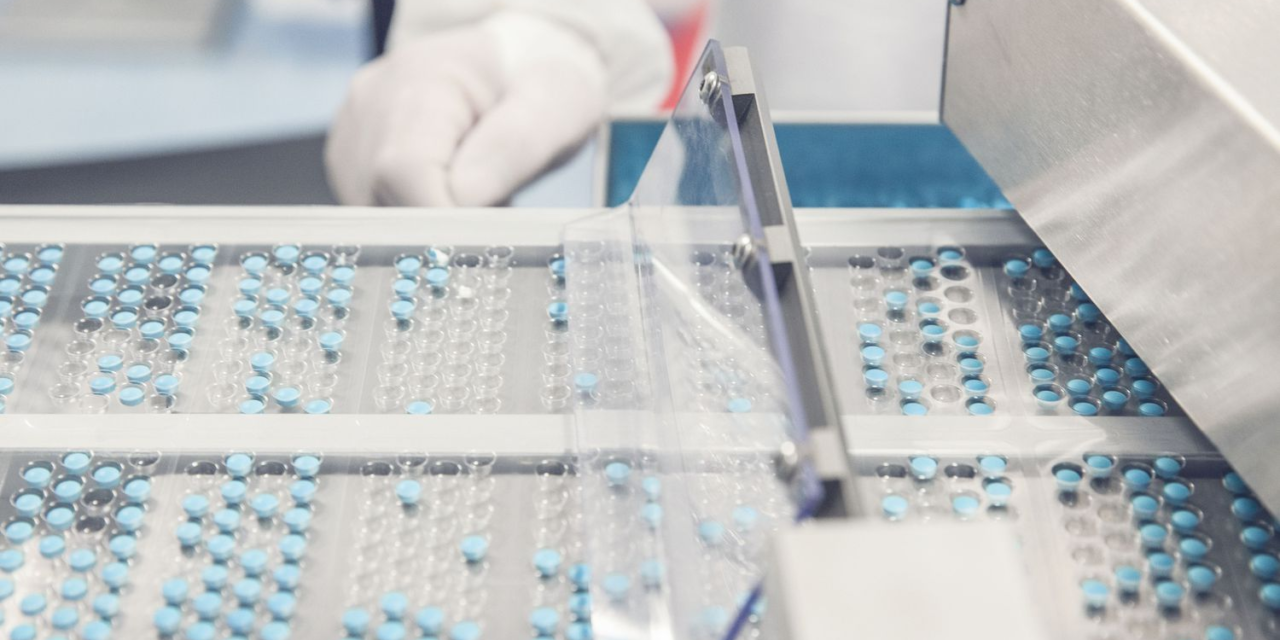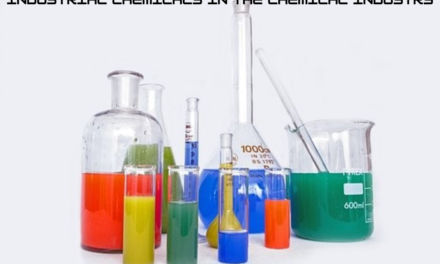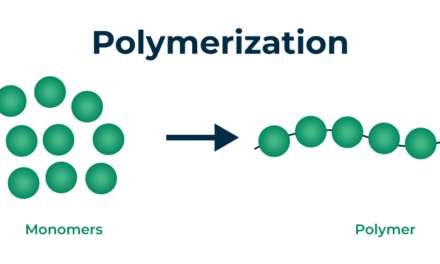Active Pharmaceutical Ingredients (APIs) are the cornerstone of drug manufacturing, playing a critical role in determining the effectiveness, safety, and quality of medications. Here’s a detailed overview of their role:
1. Therapeutic Action
- APIs are the biologically active components in drugs responsible for the intended therapeutic effects, such as pain relief, infection control, or disease treatment.
2. Drug Formulation
- APIs are combined with inactive ingredients (excipients) to create the final drug product in forms like tablets, capsules, syrups, or injectables.
3. Quality Control
- Stringent control over API purity, potency, and stability is crucial to ensure consistent drug performance and safety for patients.
4. Customization
- APIs allow for the development of tailored medications with specific dosages and delivery mechanisms to address different medical conditions or patient needs.
5. Innovation in Drug Development
- New APIs enable the creation of innovative drugs for emerging diseases or improved versions of existing therapies (e.g., extended-release formulations).
6. Regulatory Compliance
- APIs are regulated by agencies like the FDA, EMA, and WHO to ensure they meet strict quality and safety standards during production and distribution.
7. Generic Drug Production
- APIs are critical for the manufacture of cost-effective generic drugs, providing affordable treatment options post-patent expiration of branded medicines.
8. Economic and Strategic Importance
- API production is a significant segment of the pharmaceutical supply chain, with countries like India and China leading in global API manufacturing.
9. Sustainability and Green Chemistry
- Modern API production emphasizes sustainable practices, including waste reduction, energy efficiency, and eco-friendly synthesis methods.
10. Drug Safety
- Any deviation in API quality can lead to ineffective or harmful medications, making rigorous manufacturing standards essential for patient safety.










